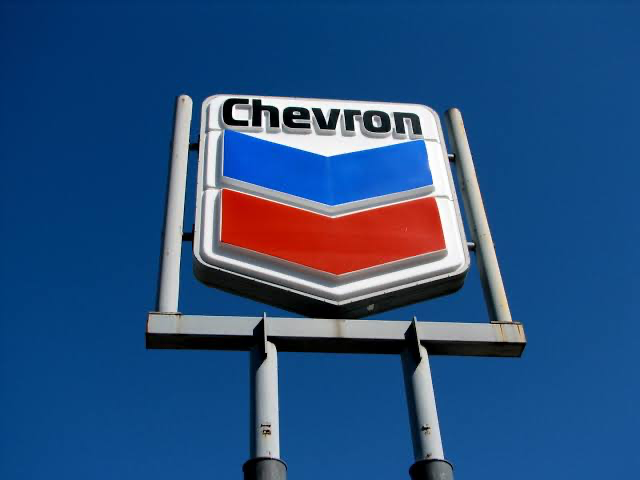KEY POINTS
- President Maduro confirmed Chevron can fully resume Venezuelan oil operations after months of U.S. sanctions.
- Chevron’s return follows a prisoner exchange between Venezuela and the U.S., although not officially tied to the deal.
- Venezuela’s oil output rose by 12% in recent months, reaching over 1 million barrels daily without foreign support.
Chevron has been officially granted approval to resume full oil operations in Venezuela, months after halting production in May 2025 due to U.S. sanctions.
The announcement was made by Venezuelan President Nicolás Maduro on Thursday, hailing the move as a turning point in U.S.–Venezuelan energy relations.
“Chevron has been notified to resume its operations on a legal basis and is welcome in Venezuela,” Maduro declared during a televised address. He also noted that “despite blackmail and restrictions,” Venezuela’s oil production had surged by 12% in recent months, reflecting the country’s ability to maintain growth without relying solely on foreign companies.
According to June data from the Organization of the Petroleum Exporting Countries (OPEC), Venezuela’s oil output reached 1,069,000 barrels per day. This increase occurred even while U.S. sanctions forced Chevron, the country’s longest-operating foreign oil company, to suspend activities.
Chevron: Return Linked to Diplomatic Exchange Between Caracas and Washington
The U.S. company’s return to Venezuela follows a notable diplomatic event — a recent prisoner exchange between the United States and Venezuela. In the agreement, Caracas released 10 incarcerated U.S. citizens, while 252 Venezuelan migrants were repatriated from El Salvador. Although President Maduro did not explicitly confirm that Chevron’s reinstated license was a direct outcome of the exchange, the timing suggests that diplomatic negotiations played a pivotal role.
“Diplomatic and commercial relations must proceed with mutual respect and without blackmail,” Maduro stressed. He also reiterated his administration’s commitment to welcoming international firms under fair and legal conditions. “We hope Chevron continues for another 100 years in Venezuela,” he added, highlighting that the company has been active in the country for 102 years.
The move signals an easing of strained relations between Caracas and Washington, particularly under the foreign policy posture of Donald Trump, whose administration recently gave Chevron the green light to re-enter Venezuelan oilfields.
Maduro’s broader message included a renewed invitation to other foreign companies willing to respect Venezuela’s legal and political framework. Working groups, he said, are already coordinating with Chevron to ensure a smooth resumption of operations.
This development could potentially boost Venezuela’s struggling economy, which has been reeling under years of inflation, sanctions, and infrastructure decline. Analysts suggest that the restoration of foreign oil investment may improve Venezuela’s fiscal stability, though broader political reforms are still essential for sustained recovery.



